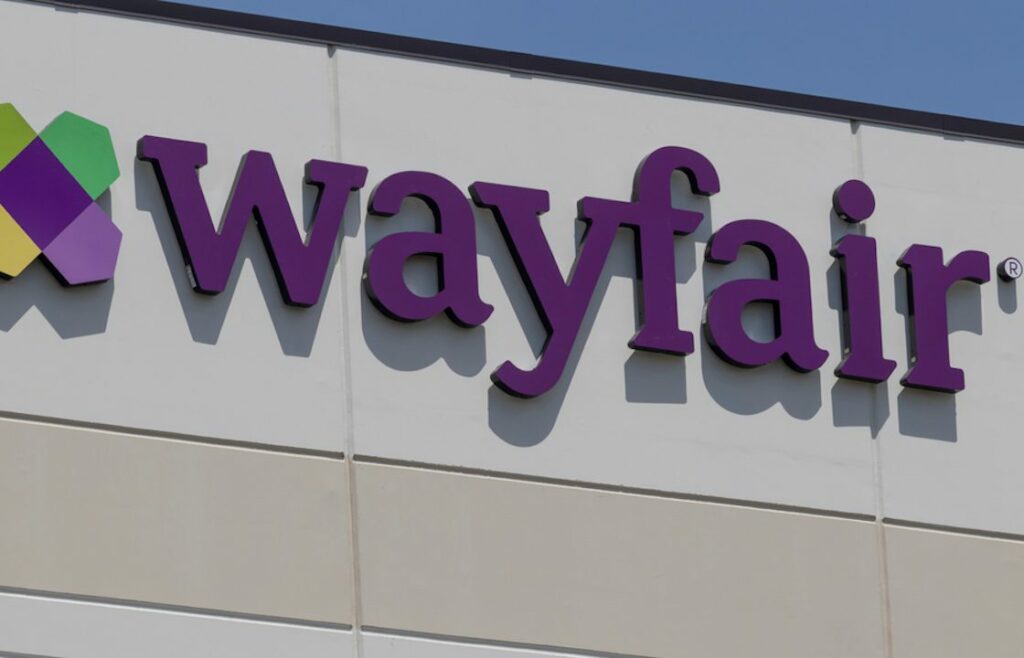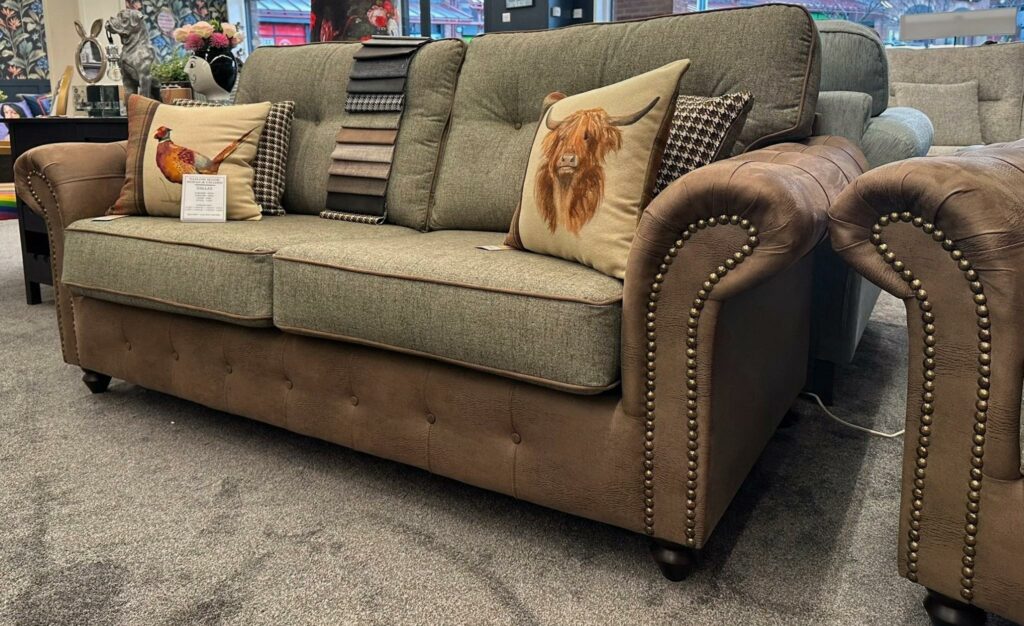Global online furniture retailer Wayfair has seen the three suppliers it is suing lodge countersuits, denying all allegations of fraud.
Late last year, Wayfair filed a lawsuit against Rosevera Corp., Mulhouse Furniture and Fully Wind Co., as well as the former Rosevera CEO and Fully Wind vice president Ping Hua Hsu and Mulhouse employee Tzu Ju Huang.
Supporting the filing, Wayfair said that this is “more than a simple breach-of-contract action”, with the case also about an alleged “sophisticated fraudulent scheme” where “defendants concocted and effectuated to defraud Wayfair”.
Wayfair said that the schemes, detailed below, has seen the company overpay by at least $1.5m.
However, in response all three suppliers have denied the allegations and said in court documents that Wayfair has allegedly been actively trying to “put US based suppliers out of business and replace them with smaller operations working directly with its office in China” and actually owes the companies more than $873,000 for “recent inventory purchases”.
They said that the businesses have processed close to $180m in Wayfair sales since 2015 and are “loyal suppliers” with the sum Wayfair has said to be out of pocket deemed as “negligible”. Furthermore, the companies state that Wayfair did not reach out to “inquire about any of the allegations set forth in the complaint and/or hear their side of the story”.
“To the extent that any mis-shipments or incorrect ZIP codes were utilised, it was caused by mistake and inadvertence by their agent, however, not derived from fraud,” the documents said.
Detailed in previous documents submitted to the US court, Wayfair alleges that one scheme involved the production of false shipping labels by “incorrectly entering all but the customer’s ZIP code”, which were then placed on “empty packages so that Wayfair’s carrier still proceeded to deliver the empty package to the location (whether that location was real or fake)”.
In a second scheme, Wayfair alleges that it has been defrauded as the defendants used Wayfair purchase orders to “generate shipping labels for their sales through to other retailers”, which means Wayfair’s carrier accounts were charged for the associated shipping costs.















